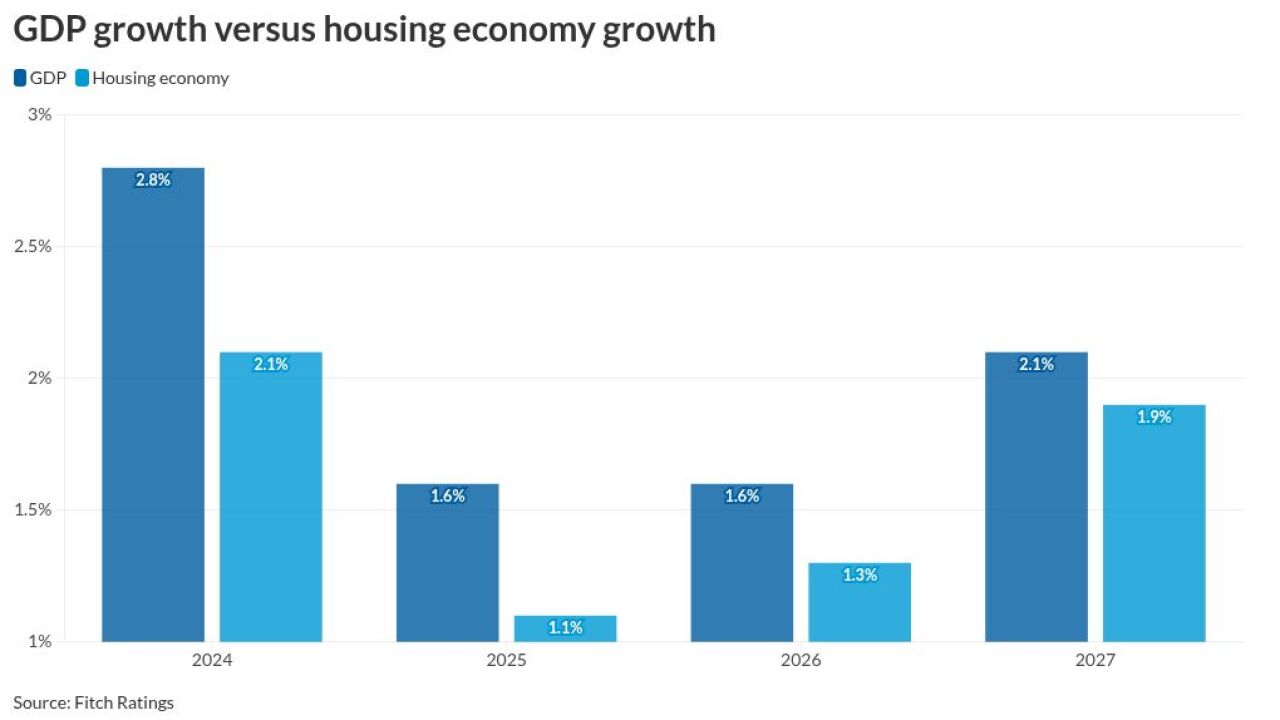Avis Budget is readying another $400 million of bonds backed by its rental fleet.
In rental car securitization, a special purpose, bankruptcy remote vehicle issues bonds and uses the proceeds to purchase a fleet of rental cars and trucks, which it then leases back to the sponsor, in this case Avis Budget and its subsidiaries, Avis Dollar Thrifty Automotive Group, Budget, Zipcar, Payless.
Avis Budget and the sub-lessees pay taxes, titling, registration and insurance fees related to the vehicles and are responsible for servicing and maintaining the vehicles.
The issuer, Avis Budget Rental Car Funding, is a master trust, and the $400 million of notes to be issued in the Series 2017-2 transaction rank pari passu with the issuer’s other outstanding series of notes.
The previous securitization, a
Three tranches of notes will be issued: $328 million of senior notes are provisionally rated triple-A by both Fitch Ratings and Moody’s Investors Service and benefit from a minimum of 28.3% credit enhancement. There is also a $40 million tranche of notes rated single-A and a $32 million tranche rated triple-B. All of the notes mature in March 2023.
Barclays Capital and RBC Capital markets are the lead bookrunners.
The issuer is a master trust, and the notes share collateral on a pari passu basis with the issuer’s other outstanding series of notes. All of the notes are repaid through a combination of lease payments from Avis Budget and the sale of vehicles that come off lease.
The primary risk is that the Avis Budget, which has a corporate credit rating of double-B, may default on its obligation to make its required lease payments to the issuer. In that case, the funds raised by selling all of the vehicles at once might not be sufficient to repay the notes. However, this risk is partially mitigated by the presence of a back-up disposition agent, Fiserv Automotive Solutions (a slightly less risky company, rated triple-B), that would dispose of the vehicles in an orderly and timely manner.

Another risk is that the rental fleet is concentrated among a few manufacturers. An increase in the likelihood of bankruptcy for one or more of those vehicle manufacturers would increase the risk that they would not satisfy their obligations to repurchase or guarantee the depreciation of program vehicles.
Falling used car prices are also a risk, since this could reduce proceeds on the sale of non-program vehicles that come off lease.
The percentage of the fleet that are not program vehicles benefiting from repurchase or guaranteed depreciation agreements from manufacturers is seasonal and has ranged from around 30% to 75%; as of December 2016, it was 75%.
However, Fitch noted in its presale report that deprecation has been “relatively stable” in recent years, despite increasing pressure on used car prices from high supply in the U.S. wholesale market. It attributes this relative stability to “consistent fleet aging and [Avis Budget’s] adequate management.”
As a result, Fitch said, vehicle disposition losses have been minimal and have consistently shown residual gains relative to net book value at sale.





